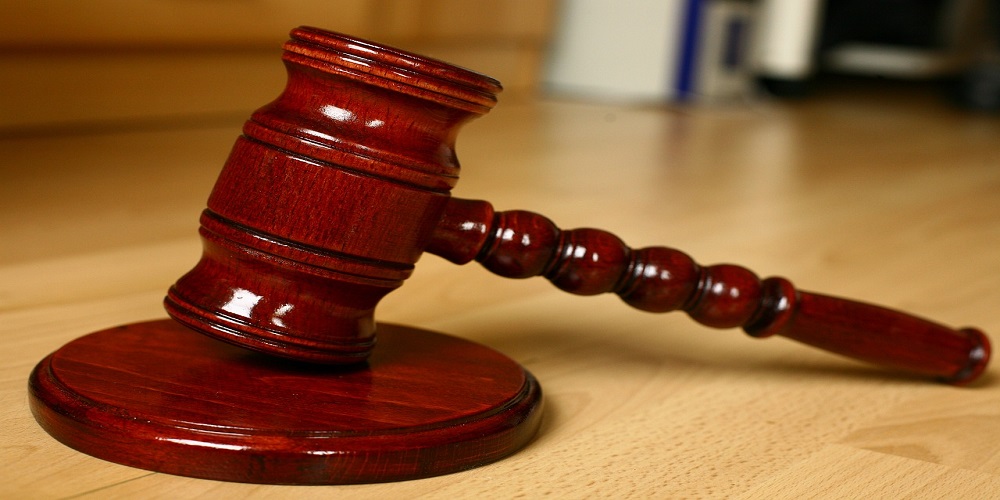What happens after someone is charged to court in the UK?
If you are charged with a criminal offense in the UK, the justice process can be tiring and confusing. The complex justice system and information overload can make you lose mental balance. One way to lessen the psychological stress is to understand the process. The first thing you may want to know is what happens next. Read on to know what to expect next if you have been charged to court in the UK.

What happens after being charged
After receiving the charge sheet detailing the crime, the police may arrest and hold you in custody. Depending on the seriousness of the crime, the police may keep you in custody till the trial or grant bail. You should contact a criminal defense law firm in London or near you as soon as possible. Or the court may appoint an attorney to handle your case.
The police grants bail on certain conditions, which may include:
- Agreeing to report to the station at specified intervals
- Remaining within the country until after the trial
- Not relocating from your current address
Failing to abide by these conditions once you get out can lead to another arrest.
If the crime is severe, for example, a murder, the police may not allow bail. In this case, you will be taken to the magistrate court the next day, if on a weekday. If the next day is a Sunday, Monday will be the court day.
Other reasons why the police may refuse bail are:
- If they believe you will not show up in court
- If they believe you will commit a crime once you get out
- If you did not adhere to the bail conditions in the past
The first hearing usually takes place in the magistrate court. If you are not held in custody, the police send you a letter containing the time and day for this trial. This hearing will determine where and when the next one will be. However, there is a small chance that the case will be moved to the Crown court. Because over 90% of cases are resolved in the magistrate court.
What happens in the first hearing
Here’s what to expect in the magistrate court:
- If the crime is severe, the charges will be read. You can choose to plead guilty or not guilty. You can also decide not to enter a plea. If you refuse to enter a plea or plead not guilty, your solicitor and the prosecutor then argue whether the case should go to Crown court. However, if the crime requires more than a one-year jail term, the case has to go to Crown court. If not, the magistrates decide where the case would go. You would then have to wait for your trial date on bail or in custody.
- If it is a less severe crime, the charges will be read in court. You will then enter a plea. If you plead not guilty, the court will adjourn. The trial will then be set. If you plead guilty, the court may sentence you that same day.



